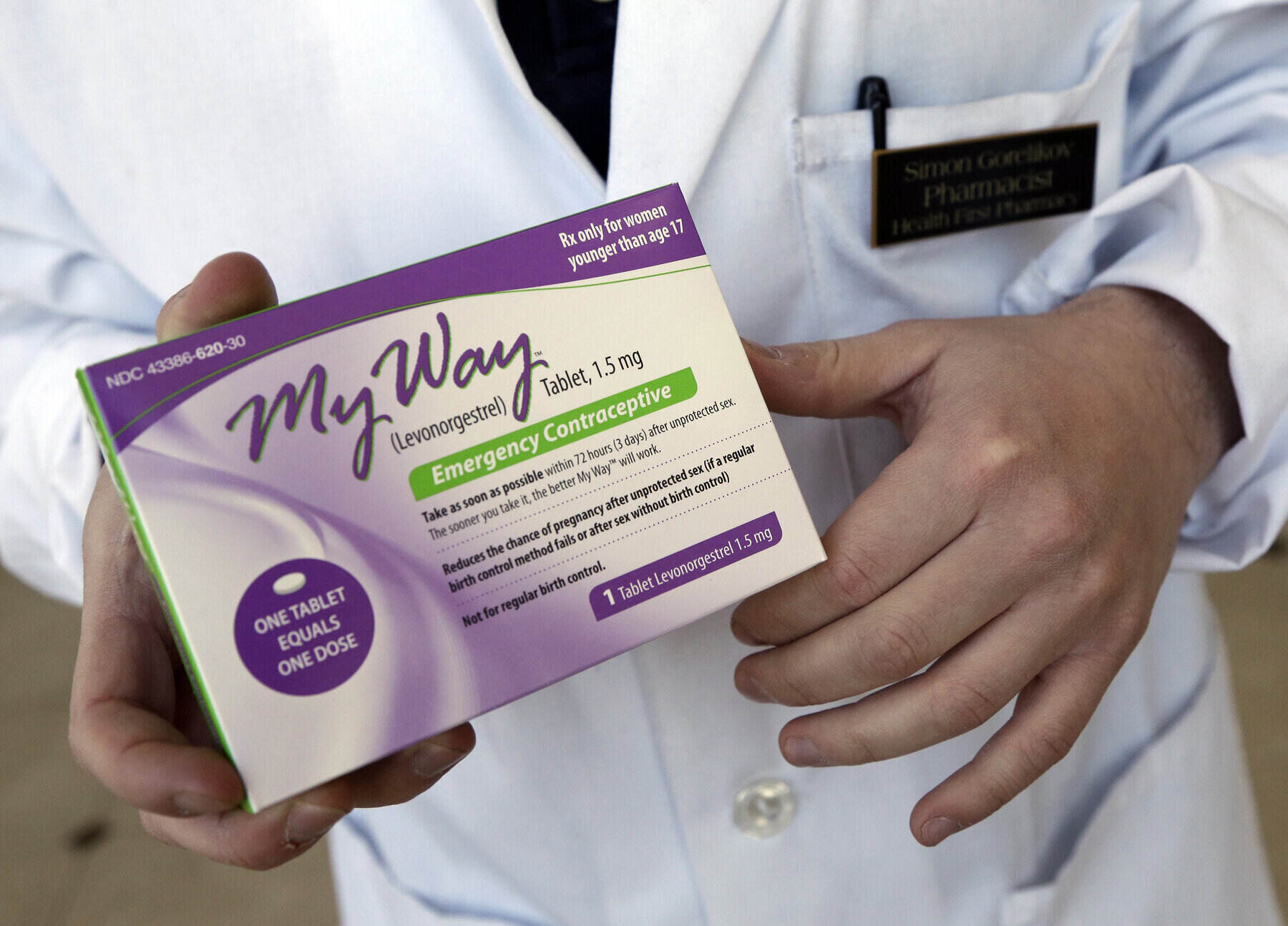Until now, contraception in France has only been free of charge for girls under 18 years of age. However, France’s pro-abortion government under President Emmanuel Macron has concluded that its price has become a problem for many young women. From Jan. 1, 2022, contraception will be free for all women under the age of 25, Minister of Health Olivier Véran announced on France 2 TV station.
He justified this by a decrease in its use among young women, which, in his opinion, “costs too much”. The minister was referring to the “cost” as the amount of abortions that follow unwanted pregnancies. However, the government has unsuccessfully pursued pro-abortion policies in the past, including allowing abortion up until nine months of pregnancy, a move that would have placed France among the most radically pro-abortion countries in the world.
“There will be support for hormonal contraception, the biological assessment that may be included with it, prescription consultations, and all the care associated with this prescription,” Véran announced.
Free contraception for girls aged 15 to 18 was introduced by the government in 2013, resulting in a relatively sharp decline in the number of abortions. From August 2020, the authorities extended this measure to persons under 15 years of age. At the end of 2019, the government reported that “almost a thousand girls between the ages of 12 and 14 are pregnant in France each year” and that 770 of these pregnancies end in abortion.
The Ministry of Health later clarified that the reimbursement will apply to all types of contraception covered by the Medicare agency. Until now, it has paid some pills, implants, intrauterine devices, and membranes for girls under 18.
On the other hand, some pills, contraceptive patches, vaginal rings, cervical caps, spermicides, and condoms (except for two brands) were not reimbursed.
The new measure will cost the French treasury €21 million a year, Véran added. He described the age limit of 25 as the age at which women achieve “greater economic, social and income autonomy.”
Title image: In this May 2, 2013, file photo, pharmacist Simon Gorelikov holds a generic emergency contraceptive at the Health First Pharmacy in Boston. (AP Photo/Elise Amendola, File)





